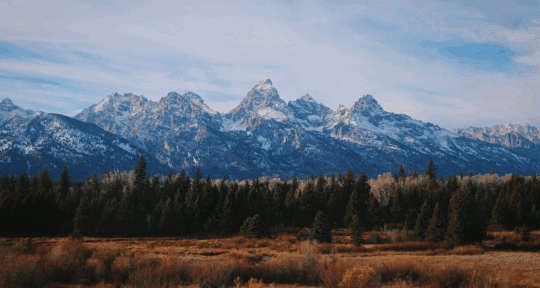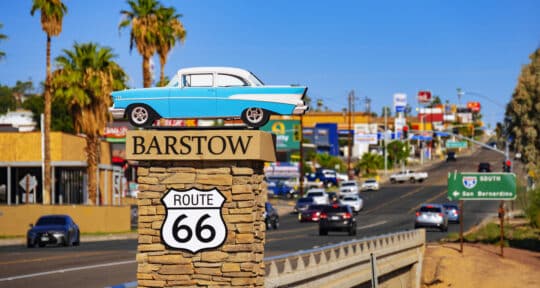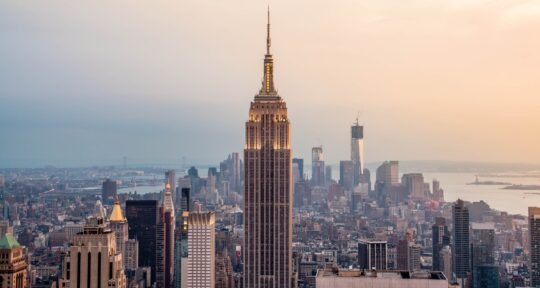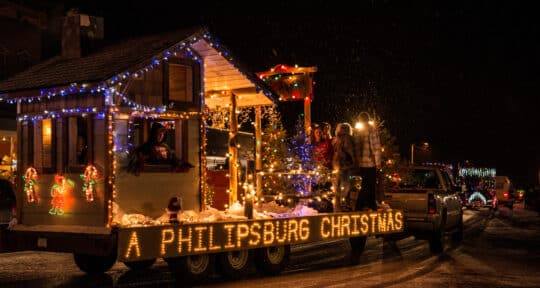When Bob Ross joined the Air Force at the age of 18, he enrolled in his first painting class at the U.S.O. club in Anchorage, Alaska. He fell in love with the physical act of painting, but found himself frustrated by his instructors’ focus on art theory. “They’d tell you what makes a tree, but they wouldn’t tell you how to paint a tree,” Ross told the New York Times.
Ross is best known as the soft-spoken creator and host of The Joy of Painting, a low-budget, instructional art program that aired on PBS from 1983 to 1994. Ross died just one year after the show ended, but he’s become a pop-culture icon in the years following as new people discover his soothing show (he’s especially popular with devotees of ASMR). His likeness is on t-shirts, underwear, crock pots, coffee mugs, and greeting cards. There’s a Bob Ross Chia Pet, Bob Ross cereal, and a toaster that imprints Ross’ face—and signature hairdo—onto a slice of bread.
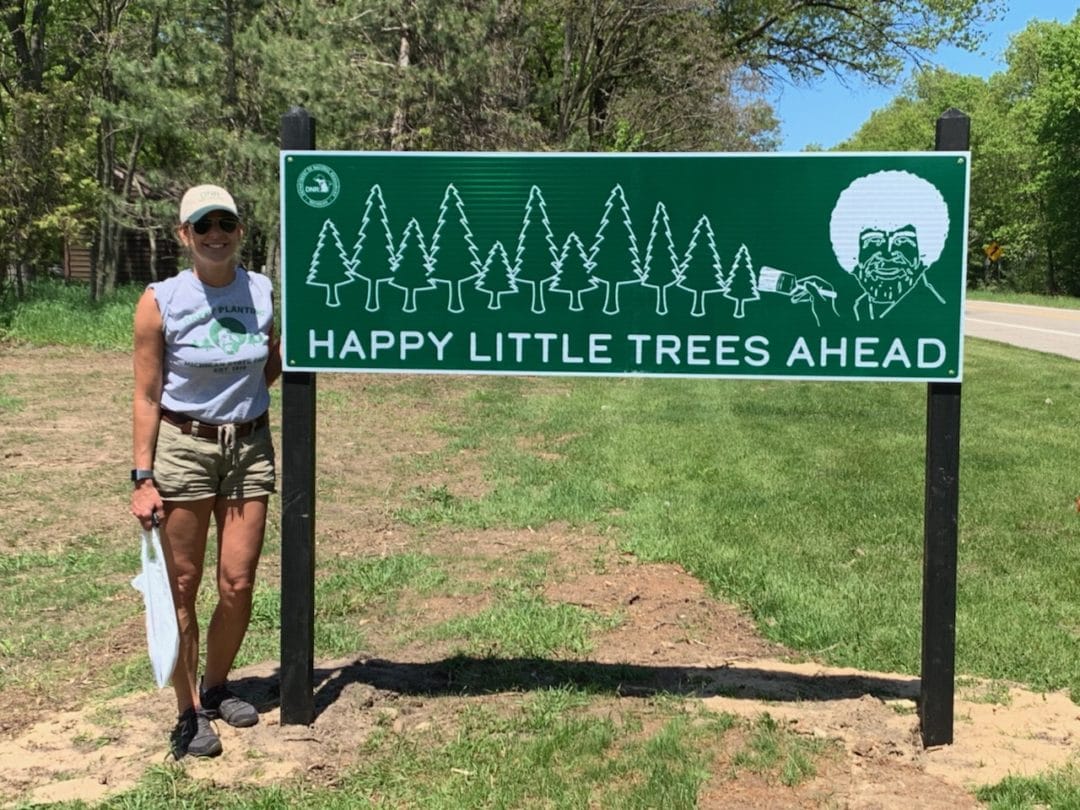
Ross not only helped teach America how to paint “happy little trees,” but thanks to a new partnership between Bob Ross Inc. and Michigan’s Department of Natural Resources (DNR), Ross’ likeness and memorable taglines are now helping to promote the planting of actual trees. To celebrate the state parks system’s centennial anniversary year, the DNR has renamed the state’s prison grow program “Happy Little Trees” in Ross’ honor.
The joy of nature
Every year, inmates in three of Michigan’s correctional facilities help grow about 1,000 trees, according to Michelle Coss, volunteer and donor coordinator for the Michigan Department of Natural Resources’ Parks and Recreation Division. The new trees are used to replace those in state parks that have been lost to disease or have been irreparably damaged—intentionally or not—near campsites and trails. This year, 22 out of Michigan’s 103 parks will receive trees grown in correctional facilities from native seeds collected by the DNR.
The prison grow program comprises people who have been successful in the Department of Corrections career and technical education program. Participants learn practical horticultural skills while they nurture and care for the growing trees. Ross more than understood the healing power of nature—the walls of his house were covered by idyllic landscapes created by others—he built his career around it. A large part of Ross’ appeal is that viewers really feel the joy in The Joy of Painting.
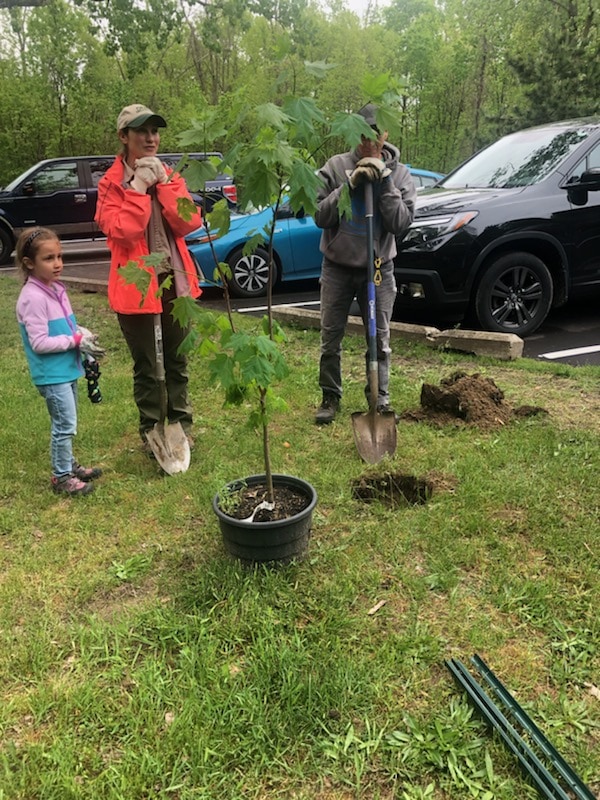
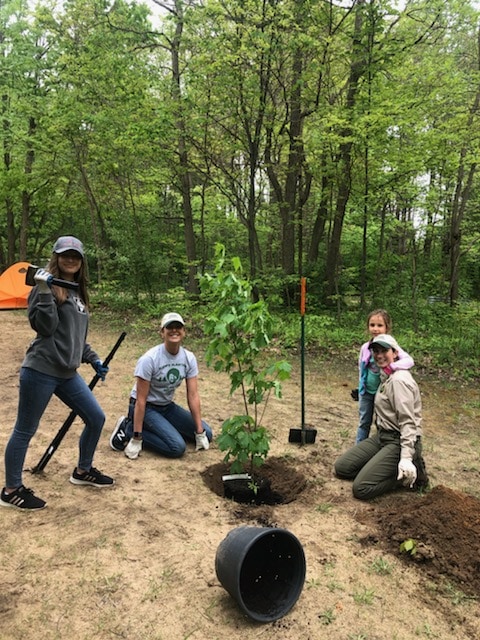
He once explained: “I got a letter from somebody here a while back, and they said, ‘Bob, everything in your world seems to be happy.’ That’s for sure. That’s why I paint. It’s because I can create the kind of world that I want, and I can make this world as happy as I want it. Shoot, if you want bad stuff, watch the news.”
Happy parks
For a man known for anthropomorphizing his landscape elements (almost anything in Ross’ world could be “happy,” including skies, clouds, and of course, trees), repping a nature conservation and tree restoration program makes much more sense than crock pots and underwear. Coss agrees: “I was thinking about trees leaving prisons and going to a campground and that they’re happy and it came to me: ‘happy little trees,’” she says.
The DNR reached out to Bob Ross Inc. about a potential partnership, and they were immediately on board, replying, “We love anything that has to do with helping the environment and trees. Bob would’ve loved that.”
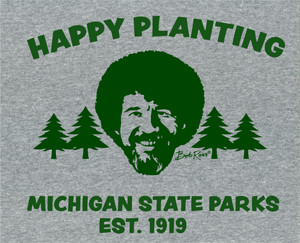
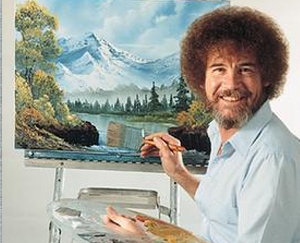
As part of the Happy Little Trees initiative, which launched on Arbor Day, Ross’ likeness appears on signage throughout the parks (indicating “Happy Little Trees Ahead”) and on volunteer t-shirts. “When we came out with the program, we put a call out to volunteers and said, ‘If you help us replace trees in state parks, you get a happy planting t-shirt,’” Coss says. “We had over 500 people sign up to help us plant trees.”
“We had over 500 people sign up to help us plant trees.”
Next, Coss has plans for a 5K run, and people outside of Michigan are encouraged to participate wherever and whenever they can. There are always more trees to be planted. “We do most of our plantings in May and June in the lower peninsula and we still have trees that need to be planted in the upper peninsula,” Coss says. Those interested in volunteer opportunities can sign up on the DNR’s website—and even if you’re not able to help out in person, Happy Planting shirts are available for purchase (all funds raised go back into the tree planting program).
Coss says: “It’s been a really cool program to unfold and see how much people are trying to get on board to help us.”
